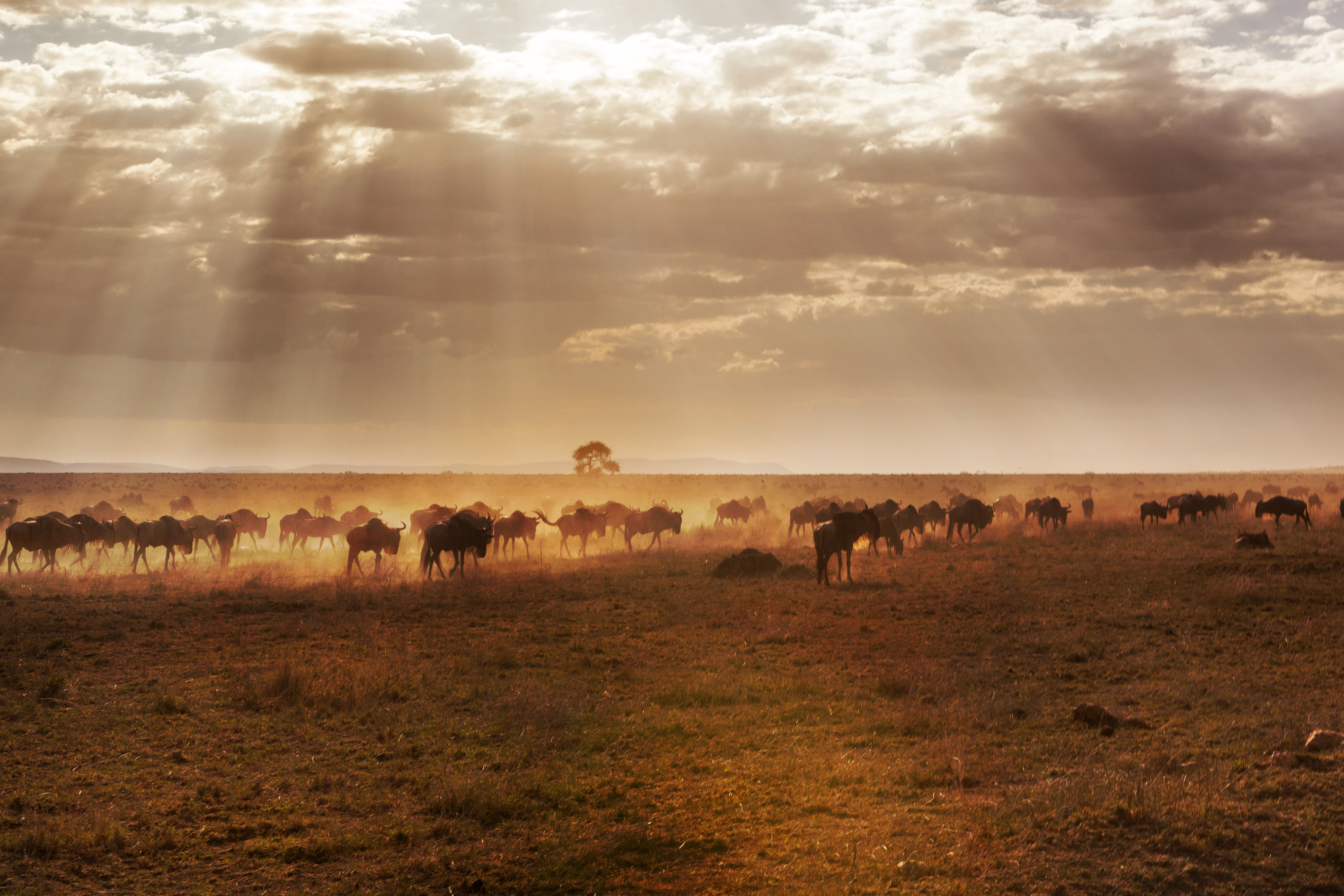Namibia’s communal conservancies benefit financially and in-kind from tourism and hunting, as shown by a study of 77 conservancies from 1998-2013. Hunting generates quicker financial and in-kind benefits (meat), covering operational costs and enhancing food security. Tourism takes longer to yield financial income and salaried jobs. A simulated hunting ban showed it’s crucial for many conservancies’ financial viability, more so than tourism income. Hunting and tourism are complementary: hunting provides immediate benefits, while tourism offers long-term employment. An integrated approach balancing both maximizes benefits and enhances wildlife value, necessitating policies for equitable distribution. The study concludes that both tourism and hunting are vital for sustainable community-based conservation and prosperity, supporting their coexistence.

